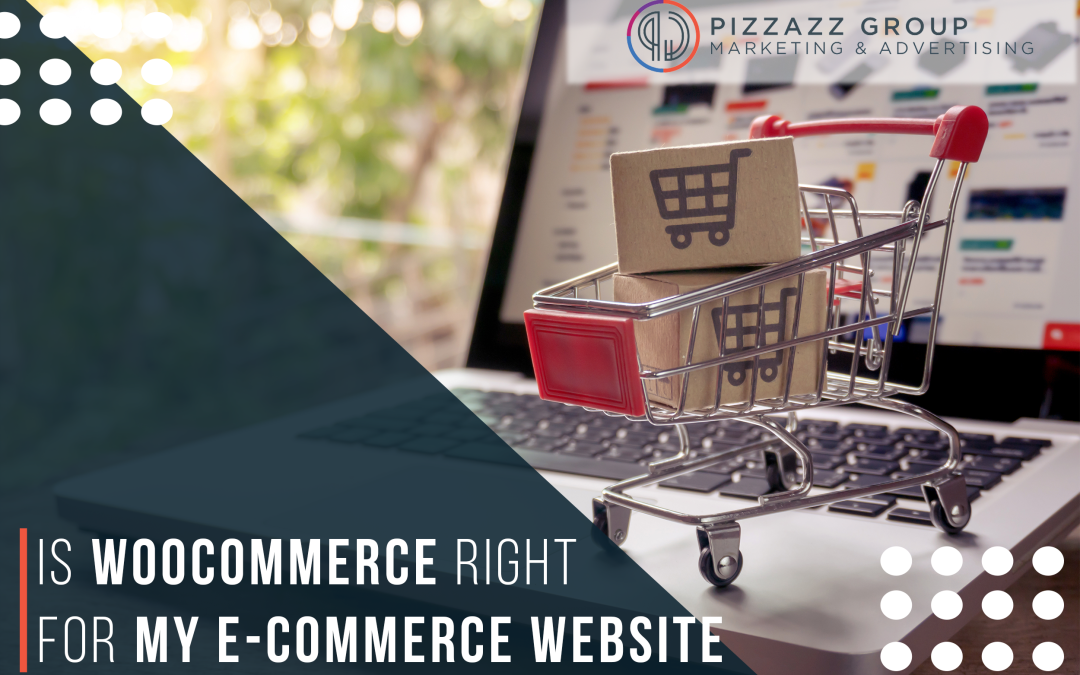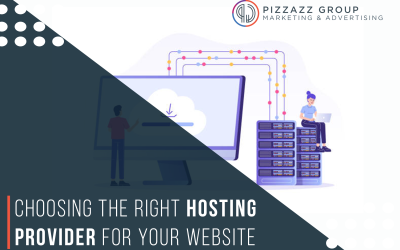
Understanding WooCommerce
WooCommerce is an open-source e-commerce plugin for WordPress, the world’s most popular content management system (CMS). Launched in 2011, it quickly became a favorite for online store owners due to its flexibility and ease of integration with WordPress. WooCommerce allows you to turn a WordPress site into a fully functional e-commerce store, complete with all the necessary features for selling products online. WooCommerce allows you to turn a WordPress site into a fully functional e-commerce store, complete with all the necessary features for selling products online.
Understanding WooCommerce
WooCommerce is an open-source e-commerce plugin for WordPress, the world’s most popular content management system (CMS). Launched in 2011, it quickly became a favorite for online store owners due to its flexibility and ease of integration with WordPress.

WooCommerce allows you to turn a WordPress site into a fully functional e-commerce store, complete with all the necessary features for selling products online.
Key Features of WooCommerce
1. Seamless WordPress Integration: It integrates seamlessly with WordPress, leveraging the CMS’s capabilities to provide a robust e-commerce solution. If you’re already familiar with WordPress, adding WooCommerce to your site is straightforward.
2. Customization and Flexibility: One of WooCommerce’s greatest strengths is its customization capabilities. You can choose from thousands of themes and plugins to create a unique and personalized online store. Whether you want to add specific functionalities or alter the design, WooCommerce offers the flexibility to meet your needs.
3. Product Management: WooCommerce makes it easy to manage products, whether you’re selling physical goods, digital downloads, or services. It offers features like inventory management, product variations, and bulk editing, allowing you to handle a large number of products efficiently.
4. Payment Gateways: WooCommerce supports a wide range of payment gateways, including PayPal, Stripe, Square, and many more. This ensures that you can offer your customers multiple payment options, enhancing their shopping experience and potentially increasing sales.
5. Shipping Options: The plugin provides various shipping options, from flat rate and free shipping to real-time shipping calculations based on the customer’s location. You can also integrate with major shipping carriers like UPS, FedEx, and DHL for automated shipping solutions.
6. SEO-Friendly: WooCommerce inherits WordPress’s strong SEO capabilities, making it easier for your products to rank well in search engine results. Additionally, various SEO plugins are available to further optimize your store.
7. Analytics and Reporting: WooCommerce offers built-in analytics and reporting tools that help you track sales, measure performance, and gain insights into customer behavior. You can generate detailed reports on sales by date, product, category, and more, enabling you to make data-driven decisions.
Benefits of Using WooCommerce
1. Cost-Effective: WooCommerce itself is free to use, although you may incur costs for hosting, premium themes, plugins, and additional services. This makes it a cost-effective solution, especially for small to medium-sized businesses with limited budgets.
2. Scalability: WooCommerce is highly scalable, capable of growing with your business. Whether you’re starting with a small store or have aspirations to expand significantly, WooCommerce can accommodate your needs with the right hosting and optimization.
3. Community Support: Being an open-source platform with a large user base, WooCommerce benefits from a vast community. This means you can access a wealth of resources, including tutorials, forums, and documentation, to help you navigate any challenges.
4. Ownership and Control: Unlike hosted platforms, WooCommerce gives you full ownership and control over your store and its data. You can customize your site to your heart’s content and are not subject to the limitations and restrictions that some other platforms impose.
Potential Drawbacks of WooCommerce
1. Technical Knowledge Required: While WooCommerce is user-friendly, setting up and maintaining an e-commerce site with WooCommerce may require some technical knowledge, especially if you want to customize your store extensively. You might need to hire a developer for more complex tasks.
2. Maintenance and Updates: Running a WooCommerce store involves regular maintenance, including updating WordPress, WooCommerce, themes, and plugins. Failure to keep everything up-to-date can lead to security vulnerabilities and performance issues.
3. Performance Concerns: As your store grows and attracts more traffic, performance can become an issue. WooCommerce stores, especially those with many plugins and customizations, can become slow if not optimized properly. Investing in good hosting and performance optimization is crucial.
4. Costs Can Add Up: While WooCommerce itself is free, the costs can add up when you factor in premium themes, plugins, hosting, and other services. It’s important to budget for these expenses to avoid surprises down the road.
When WooCommerce is an Ideal Choice
1. Existing WordPress Users: If you already have a WordPress site or are familiar with WordPress, WooCommerce is a natural extension. The integration is smooth, and you can leverage your existing knowledge to manage your e-commerce store.
2. Customization Needs: For businesses that require a highly customized e-commerce solution, WooCommerce offers the flexibility needed to tailor the store to specific requirements. With the right combination of themes and plugins, you can create a unique shopping experience for your customers.
3. Scalable Solutions: WooCommerce is suitable for businesses that anticipate growth. Its scalability means you can start small and expand your store’s capabilities as your business grows, without having to migrate to a different platform.
4. Control Over Data: If owning and controlling your store’s data is important to you, WooCommerce provides this advantage. Unlike some hosted solutions, WooCommerce does not lock you into a proprietary system, giving you the freedom to move your site if needed.
Alternatives to WooCommerce
1. Shopify: Shopify is a popular hosted e-commerce platform known for its ease of use and comprehensive features. It includes hosting, security, and support, making it a convenient option for those who prefer a managed solution. However, it comes with subscription fees and transaction costs.
2. Magento: Magento is a robust e-commerce platform designed for larger businesses with complex needs. It offers extensive features and customization options but requires a higher level of technical expertise and resources to manage effectively.
3. BigCommerce: BigCommerce is another hosted e-commerce solution that provides a range of features and scalability options. It’s designed to handle high volumes of traffic and transactions, making it suitable for growing businesses. Like Shopify, it involves subscription fees.
4. Squarespace: Squarespace is known for its beautifully designed templates and user-friendly interface. It’s a good choice for small businesses and creatives who want a visually appealing online store with minimal setup and maintenance.
Conclusion: Is WooCommerce Right for You?
Choose WooCommerce if:
Consider Alternatives if:
• You are looking for a platform that includes hosting, security, and support in a single package.
For more information on Website Development, contact Pizzazz Group at customer@pizzazzgroup.com or by calling (614) 350-1681.
Related Website Development Blogs
Website Design Trends: What’s Hot & What’s Not
In the ever-evolving world of web design, keeping up with the latest trends is essential for creating engaging, modern, and user-friendly websites. What was trendy last year might already be outdated, and staying ahead of the curve can significantly impact user...
Choosing A Secure & User Friendly Website Form Builder
In today’s digital world, online forms are essential for websites to collect information from visitors, whether it’s for contact, feedback, registrations, surveys, or e-commerce transactions. A secure and user-friendly website form builder can significantly enhance...
Choosing The Right Hosting Provider For Your Website
Choosing the right hosting provider is a critical decision for any website owner. The hosting provider you select will have a significant impact on your website's performance, security, and reliability. With so many options available, it can be challenging to...





